
Politics & Society
The 3 big lies of the no campaign
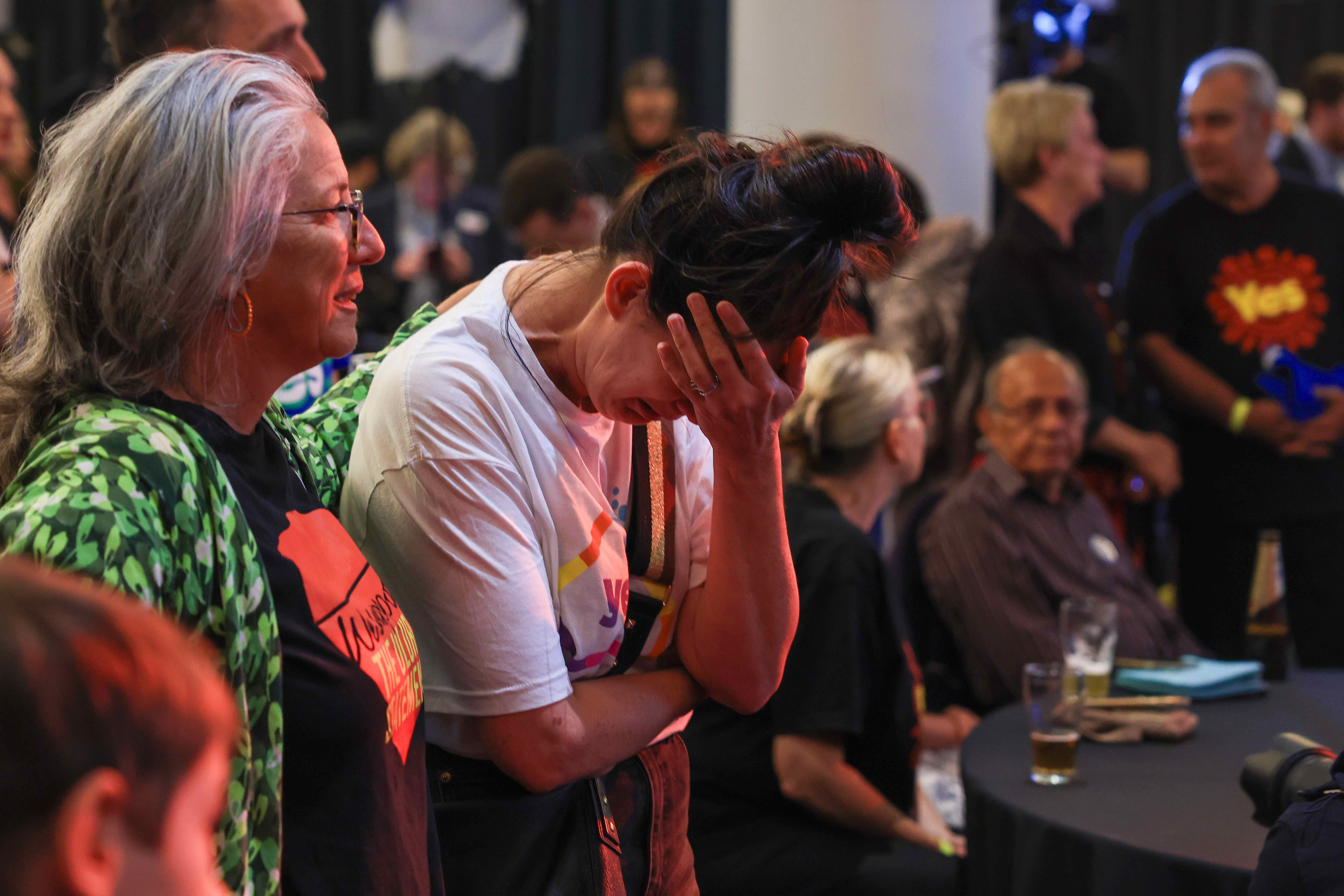
The ‘no’ result in the referendum to enshrine a Voice to Parliament has divided Australia. How do we process our emotions about the result – both as individuals and as a society?
Published 23 October 2023
Aboriginal and Torres Strait Islanders have inhabited, maintained, cared for and owned the unceded lands and waterways of Australia for more than 65,000 years.
This rich cultural history stands in stark contrast to the reality of their place in modern Australia: First Nations people are still not mentioned in the country’s constitution, and on almost all socio-economic metrics are among the most disadvantaged Australians.
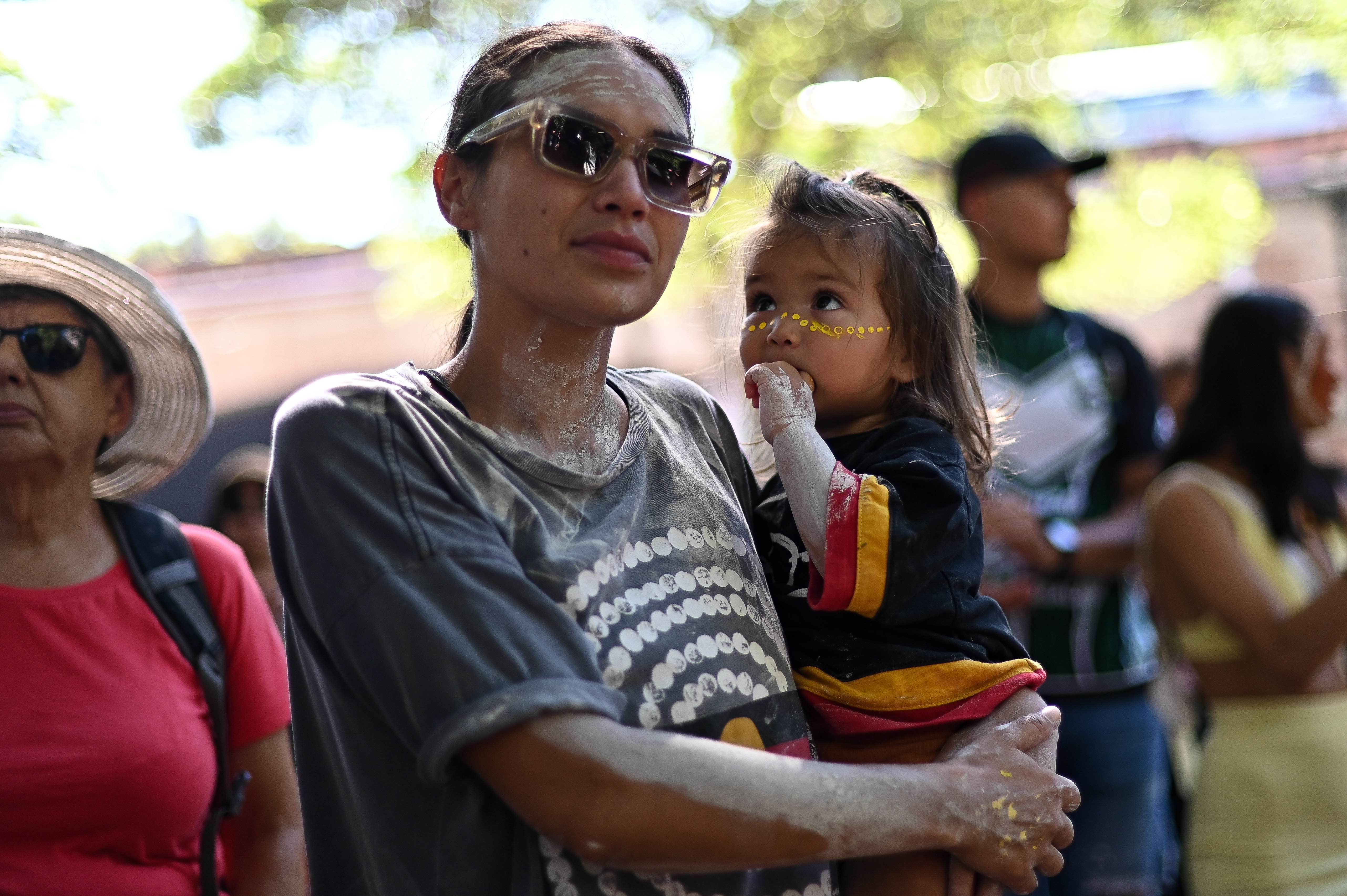
More than 60 per cent of Australians agree that more must be done to close the gap between Indigenous and non-Indigenous people. And yet, a similar percentage voted ‘no’ on the recent referendum to enshrine an Indigenous Voice to Parliament.
The outcome was decisive, and damning: all states and territories, except the ACT, voted majority ‘no’.
The vote showed strong divides among urban and regional/rural areas. In addition, younger people, people with higher income and people with an education beyond high school were more likely to vote ‘yes’, as were Indigenous Australians.

Politics & Society
The 3 big lies of the no campaign
There is danger that this outcome will divide an already divided country.
Polarisation is increasing worldwide and Australia is not immune. Without a spirit of unity, it is difficult to think about how to move forward and address the disparities faced by Indigenous Australians – as well as recognise and right the wrongs committed against them.
But there is a risk of fetishising harmony. It’s a popular tactic for members of advantaged groups – like non-Indigenous Australians – to focus on what they have in common with disadvantaged group members.
This focus on similarities keeps conversations cordial without addressing the real structural inequality that exists between groups. Where minority groups report wanting to discuss and address power imbalances, majority groups by and large prefer to remain silent.
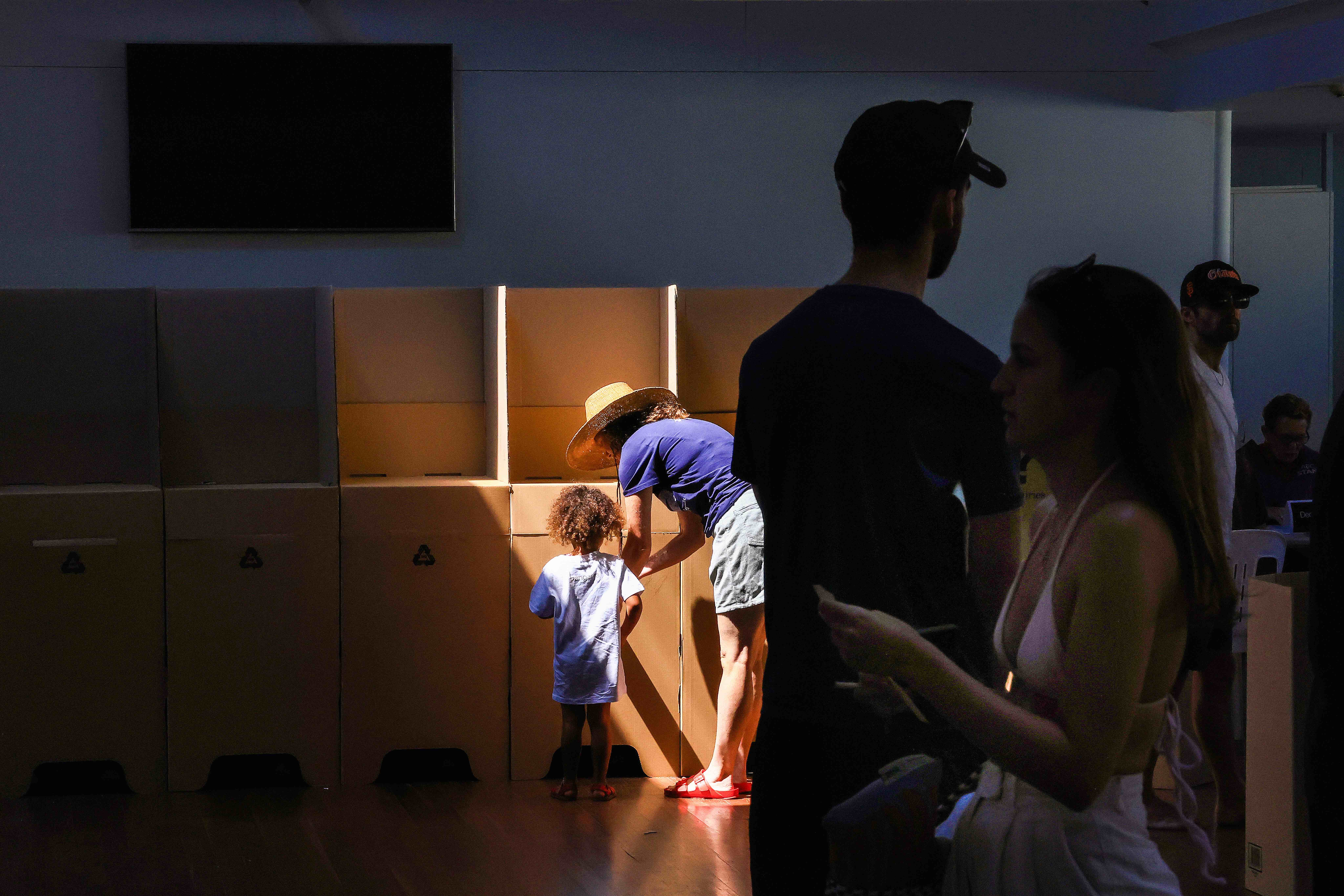
There is no clear path forward post-referendum because there is no clarity on how Australians feel about it or our collective future.
Understanding our emotions is the first step to managing them and channelling them into productive directions.
The referendum offered an opportunity to extend grace and gratitude to First Nations people, but for many, reactions in the aftermath have been characterised by grief and sadness.

Politics & Society
The myth of neutrality and why Australia needs a Voice
Some Yes advocates vowed to take a week of silence to mourn, grieve and gather strength to move forward.
Many people reported feeling stress and anxiety in the lead up to the referendum. Because these emotions tend to be felt before an anticipated event, it’s unclear how much anxiety and fear people are feeling now the vote is over.
Other feelings that have dominated public discourse have been emotions of anger and determination.
Sharing these emotions serves a purpose: it helps people communicate about challenges and opportunities facing their groups, as well as motivating people to work towards overcoming those challenges.
From this perspective, feelings are functional and specific emotions lead to specific actions.
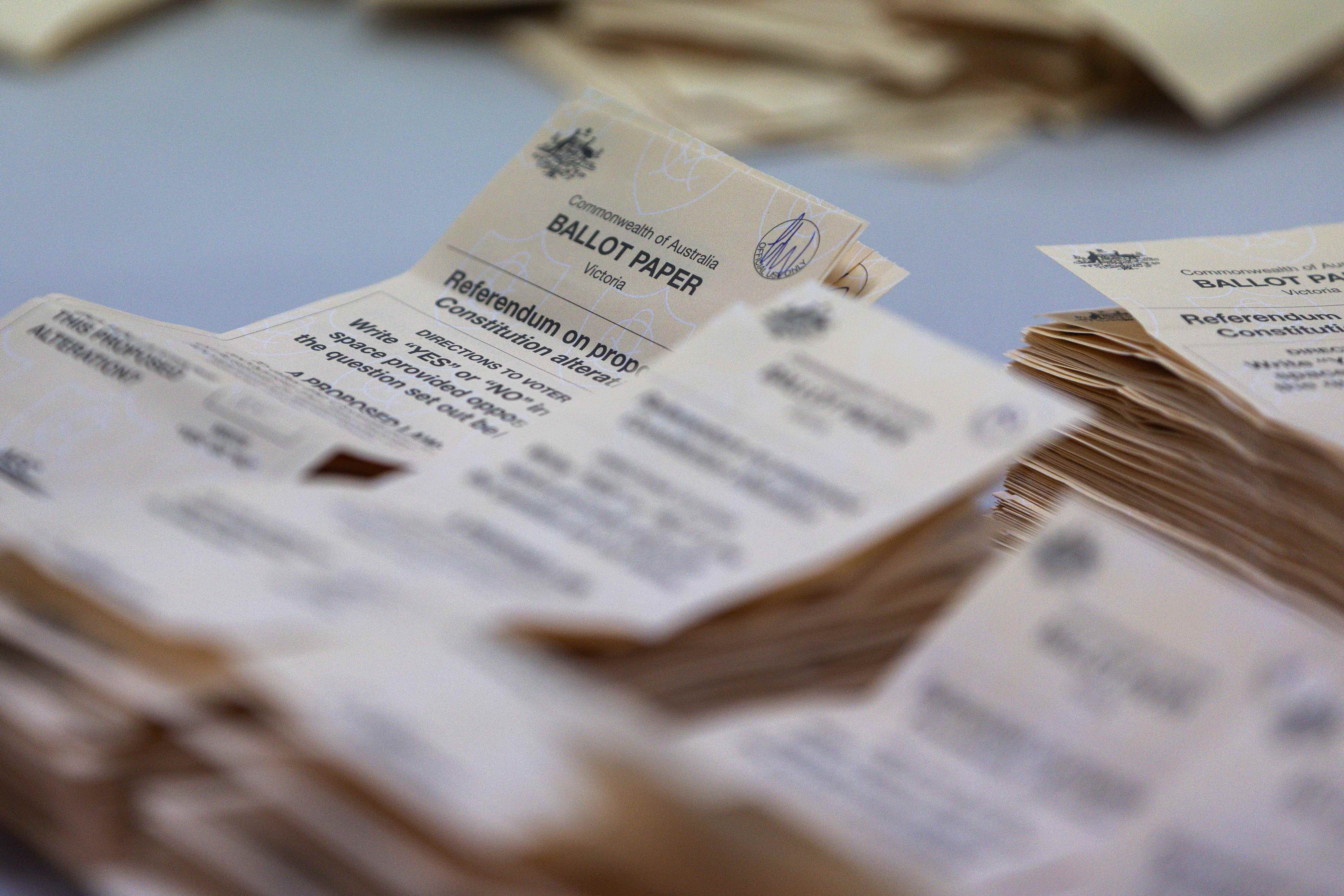
Research is divided on whether anxiety can be adaptive on the collective level.
Some work suggests anxiety is an enemy to action – that it makes people freeze and feel like taking action is beyond them. Other work suggests that we need to feel anxiety in order to motivate us to take action – that it is an emotional kick encouraging us to do something to change our current situation.

Health & Medicine
True reconciliation or just history repeating?
What researchers do agree on is that anxiety that interferes with everyday functioning is maladaptive, so if this is what you’re experiencing, consider accessing resources to help manage it.
Some people may reasonably be feeling a range of negative emotions, like hopelessness or even despair.
These feelings are extremely demotivating – hope is fuel to action, so lacking it stops people in their tracks. Unfortunately, people aren’t feeling much hope these days; an absence that may perpetuate already long intergroup conflicts.
Anger is another emotion that some people are feeling in abundance, and which promises to be energising.
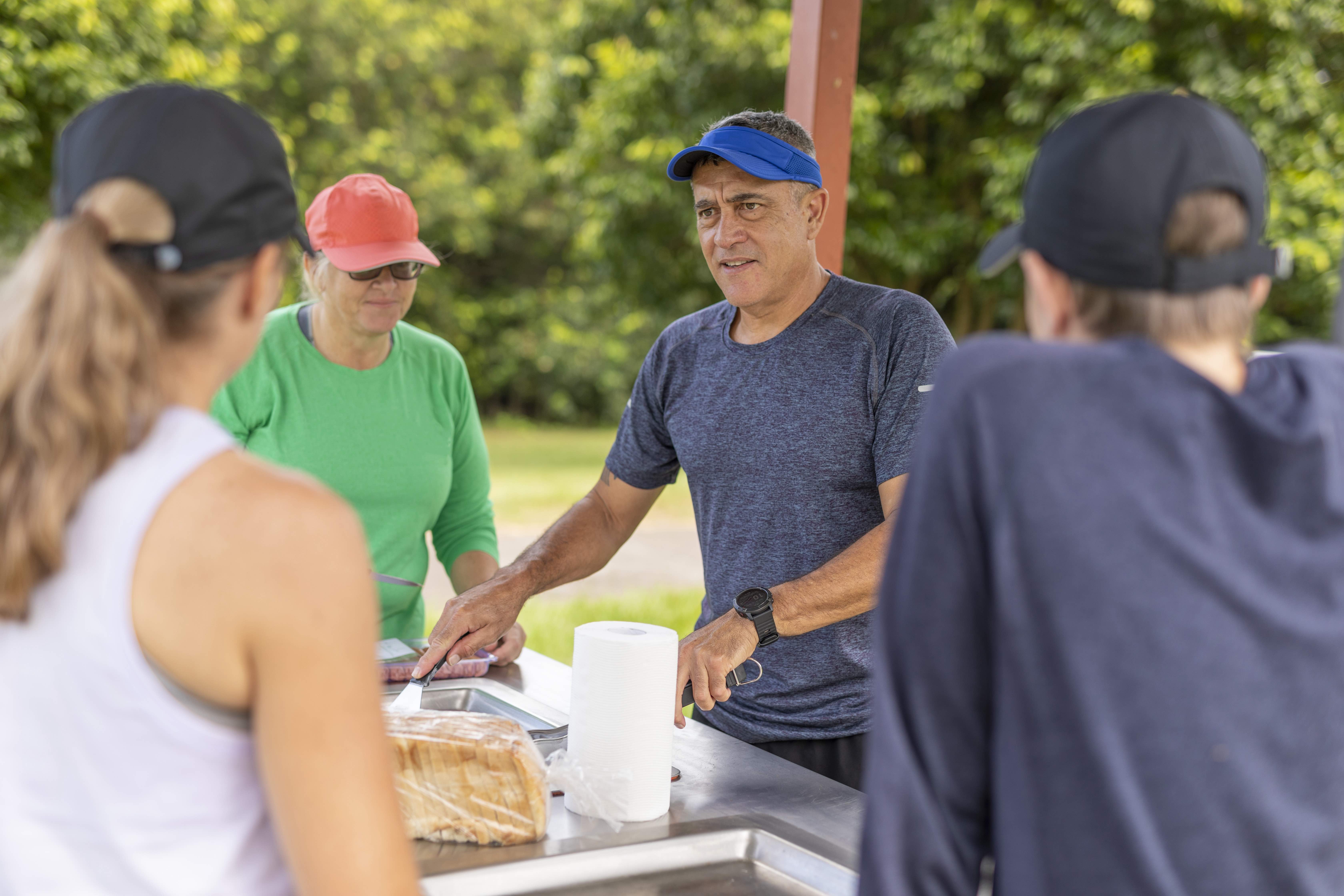
Feeling anger on behalf of injustices suffered by our own or other groups is a major predictor of collective action. Expressing anger can be effective in getting us what we want, but can also feed intergroup hostility.
A key characteristic of emotions felt about the referendum is that they aren’t just experienced by individuals, but by groups of people.
Rather than diffusing those feelings by distributing them across a wide range of people, group-based emotions are actually felt more intensely and last longer than individually-felt emotions.

Health & Medicine
The science of supporting others
This means the emotions people are having about the referendum are probably here to stay, which speaks to the importance of identifying ways of dealing with those feelings.
There are a number of ways to deal with the feelings you might be having in the wake of the referendum.
These include taking a new perspective on the situation – like finding a silver lining (we’ve established a committed network of activists) or changing the way you think about your emotions (I’m feeling worried – I’ll use that to motivate me to act).
Another way to manage our feelings is by sharing them with other people.
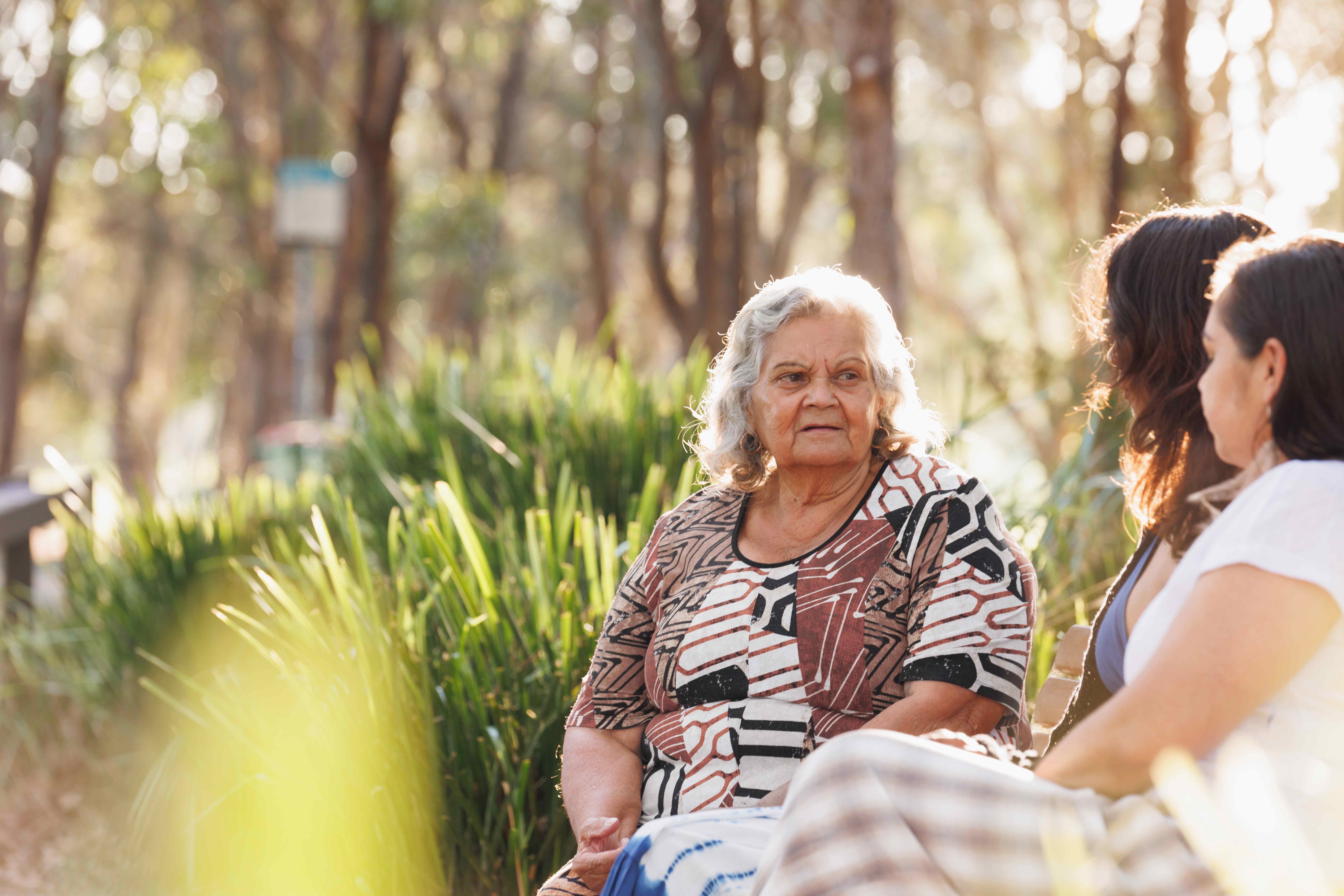
Note though that it’s important to choose a supportive and helpful confidant. A person who doesn’t validate how we’re feeling has the potential to make us feel worse. And someone who ruminates and spirals with us is just going to exacerbate the intensity of our emotions.
One of the best ways to manage emotions is to do something about what’s causing them in the first place.
So, if you’re struggling to reconcile the outcome of the referendum, you might consider volunteering or donating.

Health & Medicine
How anger became the forgotten emotion
It’s important to approach activism with the long view in mind, and look after yourself in a way that protects against the burnout that can come from working on behalf of a social cause.
It’s been a difficult time following a rough year for campaigners dedicated to building an Australia that recognises and respects the rights of First Nations people.
It is also a time of pain and disenfranchisement for Indigenous people in particular. This must be acknowledged and accepted: people are hurting.
Indigenous voices must be at the centre of any next steps we take as a community and a country. Their constitutional right to a voice has been rejected by the majority of Australians – this is a bleak and unavoidable fact.
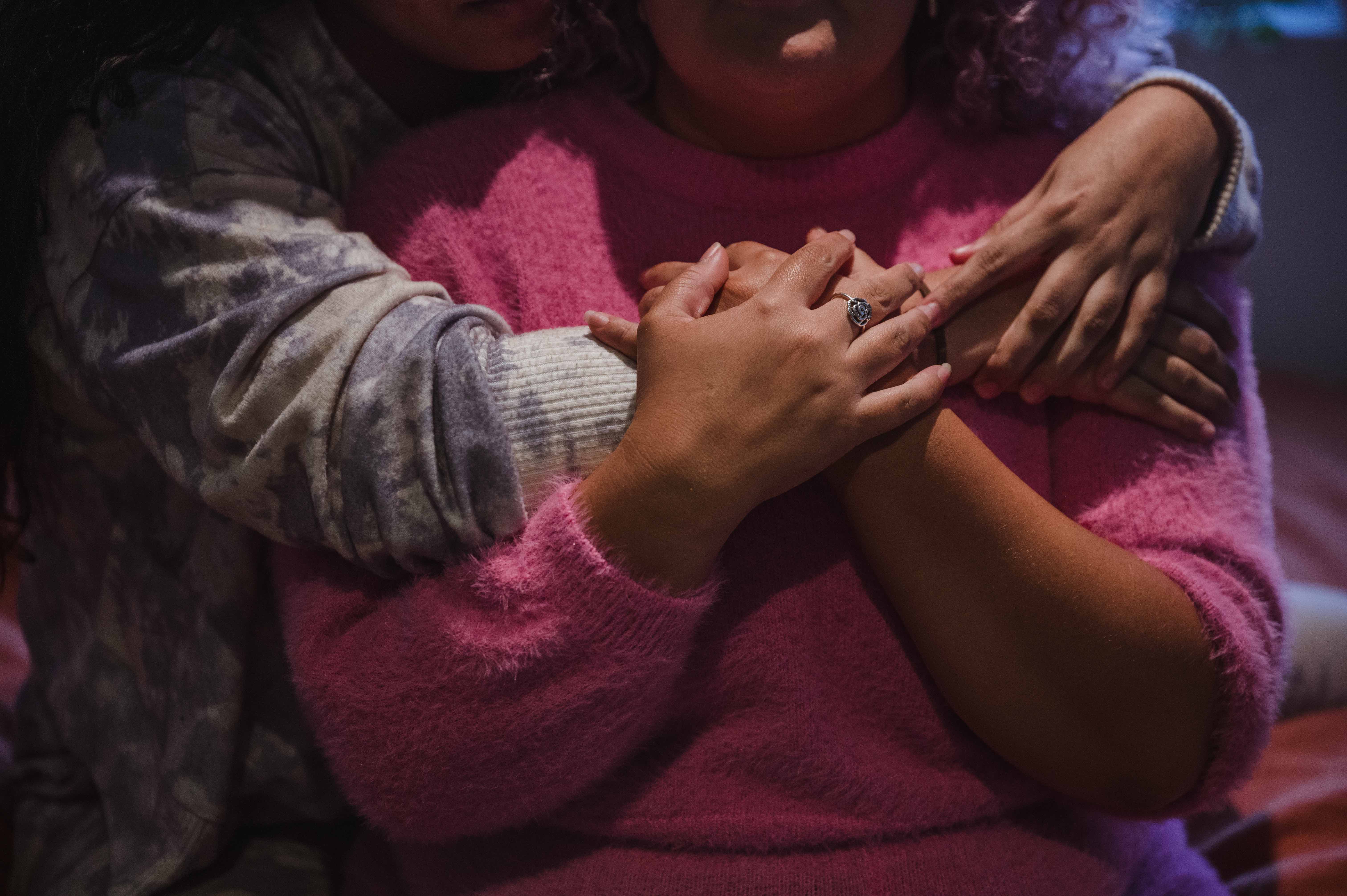
But their right to a voice is morally undeniable, and this voice must be listened to and respected as the next stage of political action unfolds.
But the burden of acting in allyship does and should fall squarely on non-Indigenous Australians. Battle fatigue is all too common in disadvantaged groups who must fight continually for basic human rights.
At minimum, the load must be shared by those who benefit most from the current unfair structure of modern Australian society.
Resources to help manage feelings about the Voice referendum:
Headspace’s Yarn Safe
Tips from Uncle David Wragge
Resources from Relationships Australia
Resources from Australian Indigenous HealthInfoNet
Effective anti-racism strategies
Banner: Getty Images